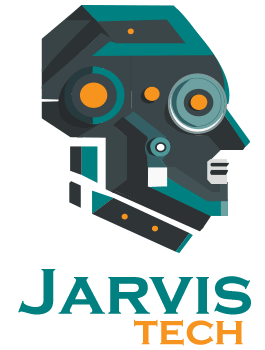The Future of IT Services: Evolution and Transformation
The landscape of IT services is undergoing a significant transformation, driven by rapid technological advancements, evolving business needs, and shifting customer expectations. As we look to the future, several key trends and innovations will shape the evolution of IT services. In this blog post, we explore these developments and discuss how IT services will evolve to meet the demands of tomorrow.
Multi-Cloud Strategies
To avoid vendor lock-in and leverage the best features from different providers, organizations are adopting multi-cloud strategies.
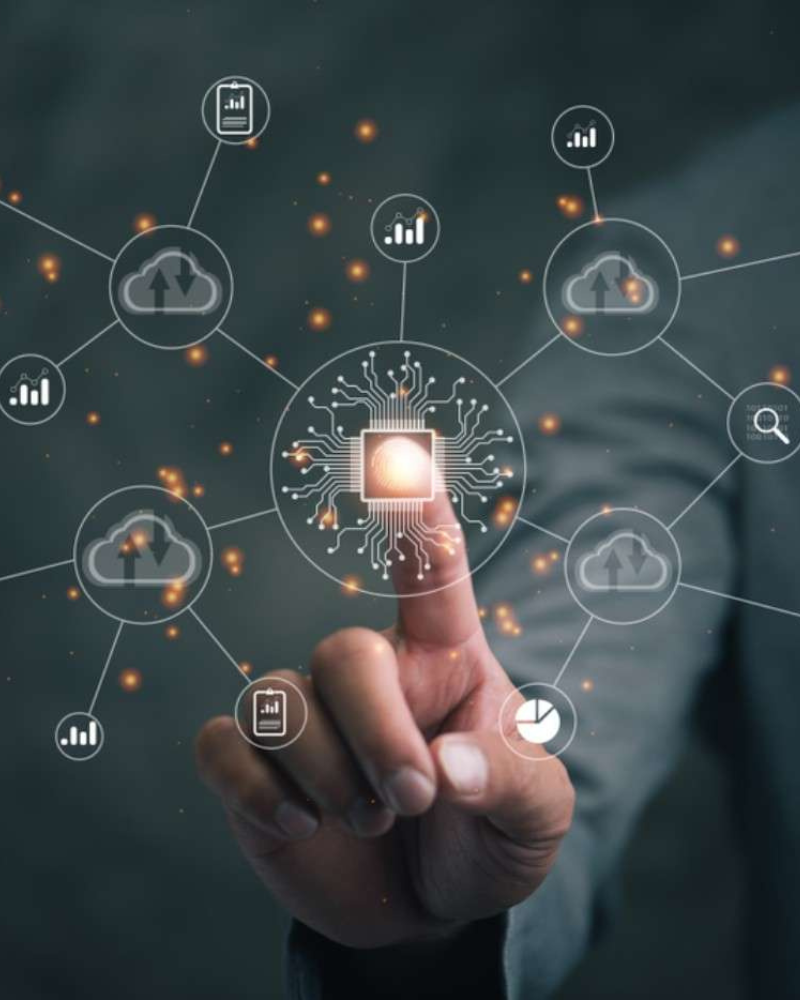
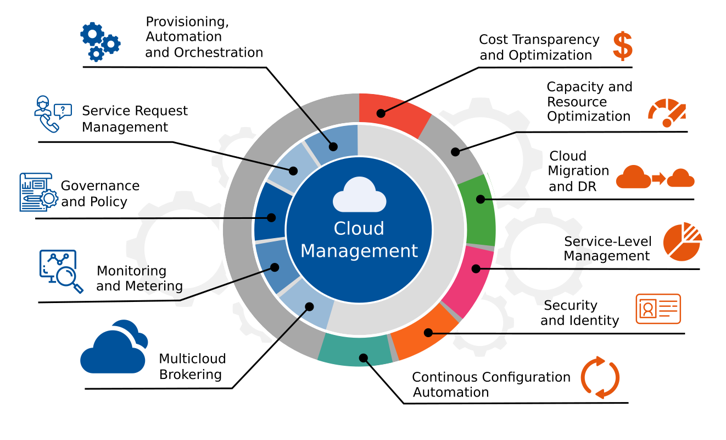
Multi-Cloud Strategies
To avoid vendor lock-in and leverage the best features from different providers, organizations are adopting multi-cloud strategies. By distributing workloads across multiple cloud environments, businesses can enhance redundancy, optimize performance, and improve cost management.
Artificial Intelligence and Automation
Robotic Process Automation (RPA)
Routine and repetitive tasks are increasingly being automated through Robotic Process Automation (RPA). This shift allows IT personnel to focus on more strategic activities, driving innovation and improving overall productivity.

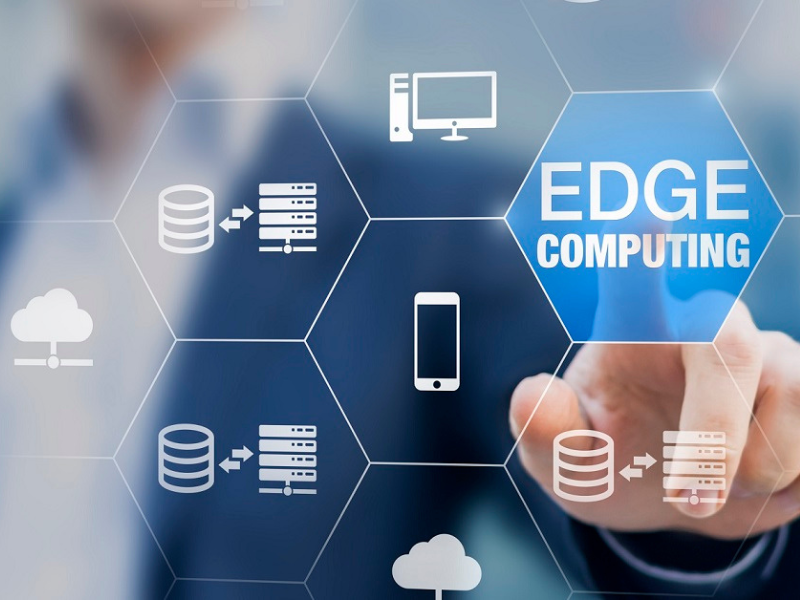
Edge Computing
Decentralized Processing
As the Internet of Things (IoT) devices proliferate, edge computing is becoming more prevalent. This approach involves processing data closer to the source, reducing latency and bandwidth use. Edge computing will be critical for applications requiring real-time processing and analytics, such as autonomous vehicles and smart cities.
Quantum Computing
Quantum computing holds the potential to solve complex problems beyond the capabilities of classical computers. Fields like cryptography, materials science, and complex system simulations will benefit from these advancements, opening new possibilities for innovation.
Hybrid Solutions
As quantum computing matures, we will see the integration of quantum and classical computing systems, creating hybrid solutions capable of handling a wider range of tasks more efficiently.

Agile and DevOps
The adoption of Agile and DevOps practices will accelerate, promoting faster development cycles, continuous delivery, and collaboration between development and operations teams. These methodologies will drive more responsive and efficient IT service delivery.
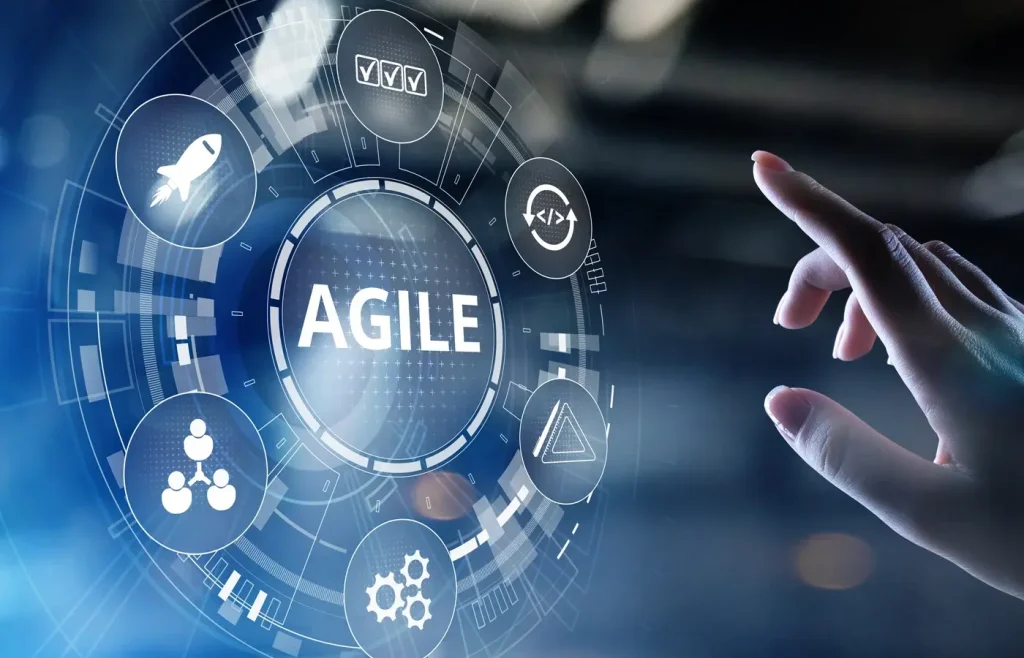

Augmented Reality (AR) and Virtual Reality (VR)
Enhanced User Experiences
AR and VR technologies will be used more widely in training, remote assistance, and customer service to provide immersive experiences. These technologies will enhance user engagement and satisfaction across various industries.
Enterprise Applications
AR and VR will see increased use in design, healthcare, education, and retail, offering innovative solutions and transforming how businesses operate and interact with customers.
Blockchain and Decentralized Technologies
Secure Transactions
Blockchain technology will be used for secure and transparent transactions, particularly in industries like finance, supply chain, and healthcare. Its decentralized nature ensures data integrity and trustworthiness.
Decentralized Applications
The rise of decentralized applications (dApps) will create new business models and opportunities for innovation, enabling more secure and efficient operations.
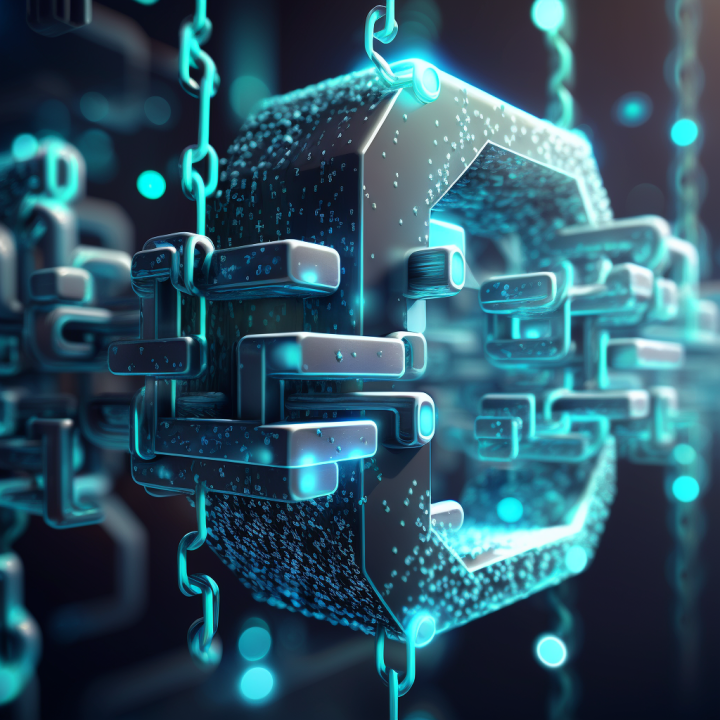
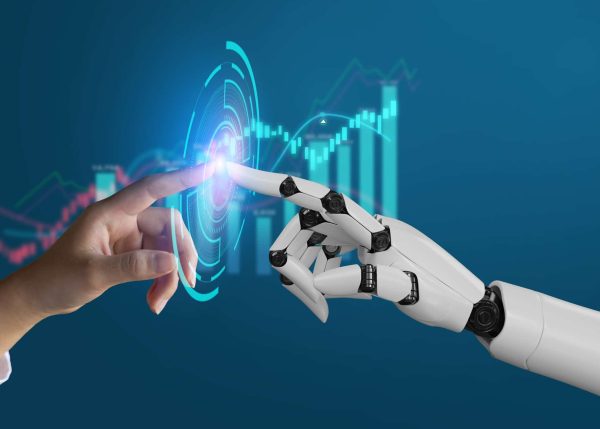
Conclusion
The future of IT services is characterized by increased automation, enhanced security, and a shift towards decentralized and edge computing. As businesses navigate this evolving landscape, staying agile and adaptable will be crucial in leveraging new opportunities and addressing emerging challenges. By embracing these trends and innovations, organizations can drive efficiency, improve customer satisfaction, and maintain a competitive edge in the digital age.
